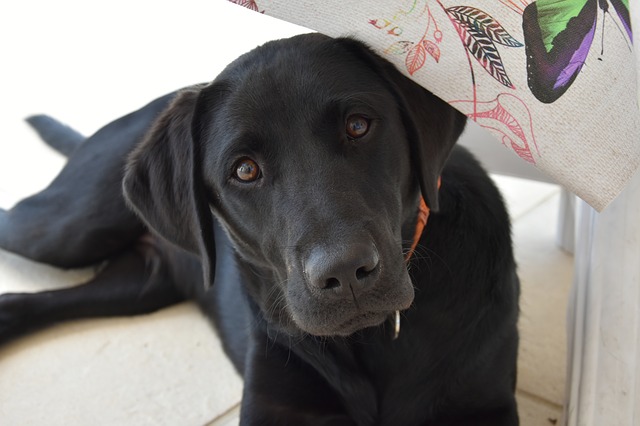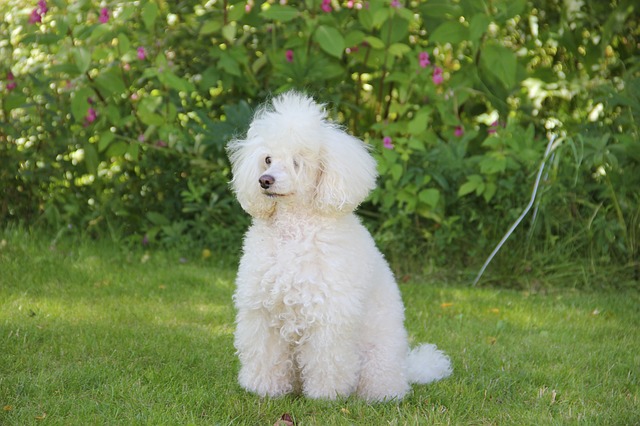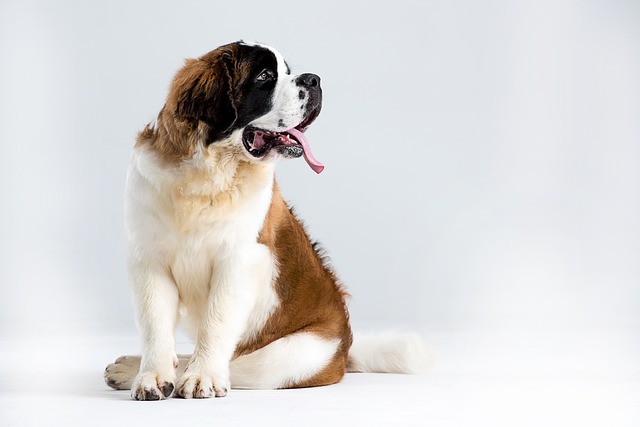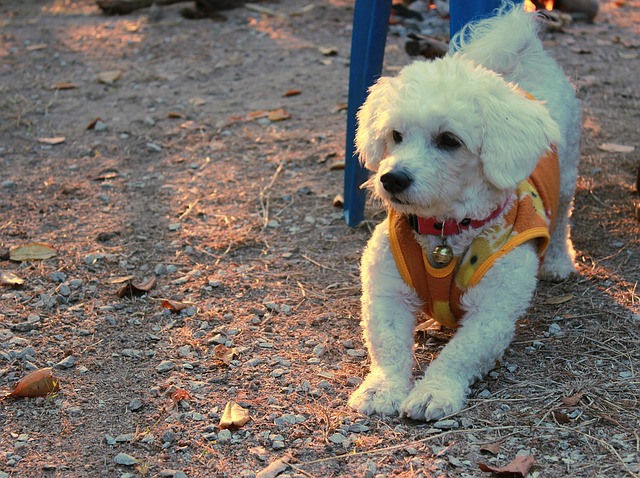
Therapy dogs can perform a number of jobs – some visit the sick in hospitals, or the elderly in homes. Others sit quietly while being read to by children. But they all have something in common – they brighten the day of everyone they meet!
We know any dog can put a smile on a human face, but therapy work requires more of a dog than to just be a dog. Therapy dogs must be able to be calm, affectionate, and well-trained. Dogs of any breed can be considered, but these 10 breeds are some of the best suited for therapy work.
1. Golden Retriever
Is there anything Goldens can’t do? These dogs are a favorite for families because they’re excellent with children and extra friendly even with strangers, which makes them perfect therapy dogs! These two Golden Retriever therapy dogs at a children’s hospital are so loved by their little patients, they tied the knot with all of them in attendance!
2. Labrador Retriever

Labrador Retrievers have affection down to an art – especially when wet! But even dry, these dogs are always down for a good cuddle – a sign of excellent therapy dogs. They’re smart dogs that pick up training quickly and love human companionship.
3. Cavalier King Charles Spaniel

The CKC is truly a do-it-all kind of dog. Underneath those silky locks is an incredible athlete, super-smart pup, and a world-class cuddler. As a lapdog, CKCs will sit, snuggle, and be pet as long as it takes to make you happy.
4. Greyhound
People unfamiliar with the breed may know Greyhounds best as racing dogs, but they’re so much more than that! In fact, these cuddlebugs make great snuggle buddies and can be absolute couch potatoes if not encouraged to move. As therapy dogs, they’ll socialize and soak up attention like a sponge – like this sweet guy, a library therapy dog who went viral while waiting for a kid to read to him!
5. Poodle

Poodles (all three breeds) prove that you can’t judge a book by it’s cover. Their curly fur often causes people to misjudge their personality. These dogs are whip-smart, amazing athletes, and totally lovable. People assume that they’re high-maintenance, but they’re actually super friendly and that curly coat doesn’t shed – making them an ideal choice for therapy dogs in hospital settings, where cleanliness is key.
6. Corgi

When properly socialized, Corgis are outgoing, friendly pups with big personalities that make them great therapy dogs. From nose to tail (or nub), they’re just made to put a smile on your face. They’re a big hit with people of all ages due to their fun-loving nature and adorable looks.
7. Beagles

These easy-going, friendly dogs love to work as therapy dogs. Beagles are known to have sweet, happy dispositions and are eager to please. As therapy dogs, they’re a favorite for work with the elderly.
8. St. Bernard

St. Bernards are known as “Gentle Giants.” They’re sweet, calm dogs and are known to be patient with people of all ages – children included. They are affectionate dogs, and when socialized, very friendly. Famous therapy St. Bernard Dr. Quincy March is always a welcome sight at the hospital where he works, and wears a stethoscope and tie to his job!
9. Bichon Frise

Bichons are considered a “hypoallergenic breed” – though they shed, their coat keeps loose hair and dander from escaping, which makes them great therapy dogs for environments where allergies can be an issue. They’re also known to be cheerful, playful, affectionate and gentle dogs who lavish in human attention.
10. Special Needs Dogs
Not a breed, but still deserve a special mention. We frequently hear that special needs dogs “don’t know they’re different,” and it’s true. Dogs don’t treat people with disabilities as though they’re different. And people often seem to be cheered up by visiting with a dog who has a condition similar to their own. Therapy dogs like Chi Chi, a quadrepelic dog who survived the meat trade, or Smiley, who was blind, can show people that any challenge can be overcome.
Be the first to comment